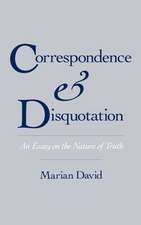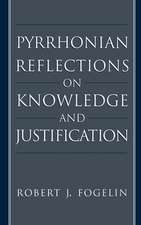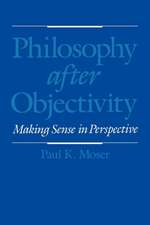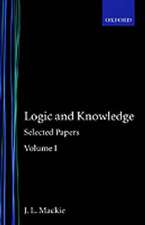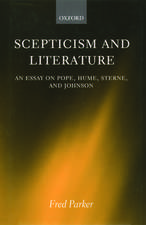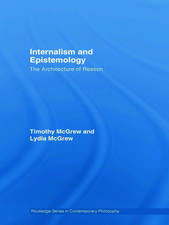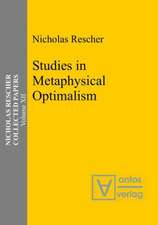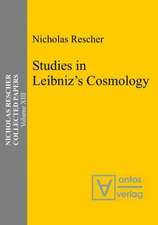Accuracy and the Laws of Credence
Autor Richard Pettigrewen Limba Engleză Paperback – 30 aug 2018
| Toate formatele și edițiile | Preț | Express |
|---|---|---|
| Paperback (1) | 195.59 lei 31-37 zile | |
| OUP OXFORD – 30 aug 2018 | 195.59 lei 31-37 zile | |
| Hardback (1) | 498.06 lei 31-37 zile | |
| OUP OXFORD – 13 apr 2016 | 498.06 lei 31-37 zile |
Preț: 195.59 lei
Preț vechi: 237.17 lei
-18% Nou
Puncte Express: 293
Preț estimativ în valută:
37.44€ • 38.58$ • 31.60£
37.44€ • 38.58$ • 31.60£
Carte tipărită la comandă
Livrare economică 19-25 februarie
Preluare comenzi: 021 569.72.76
Specificații
ISBN-13: 9780198822462
ISBN-10: 0198822464
Pagini: 252
Dimensiuni: 155 x 235 x 15 mm
Greutate: 0.39 kg
Editura: OUP OXFORD
Colecția OUP Oxford
Locul publicării:Oxford, United Kingdom
ISBN-10: 0198822464
Pagini: 252
Dimensiuni: 155 x 235 x 15 mm
Greutate: 0.39 kg
Editura: OUP OXFORD
Colecția OUP Oxford
Locul publicării:Oxford, United Kingdom
Recenzii
Pettigrew's brilliant book contributes greatly to the systematic development and understanding of Bayesian epistemology and should be read by any serious student of the subject.
For someone who is interested in the relations among these principles, and how they might relate to veritism, this book is essential reading. It does not aim to convince, but instead aims to develop an overall view of a part of epistemology, and show how it fits together. It highlights the weak points, for the purposes of spurring the development of new arguments to shore them up. And it ends with a brief listing of topics for future work. For the general topic of how evidential principles can be derived from a pure concern with truth, Pettigrew's book represents the state of the art.
For someone who is interested in the relations among these principles, and how they might relate to veritism, this book is essential reading. It does not aim to convince, but instead aims to develop an overall view of a part of epistemology, and show how it fits together. It highlights the weak points, for the purposes of spurring the development of new arguments to shore them up. And it ends with a brief listing of topics for future work. For the general topic of how evidential principles can be derived from a pure concern with truth, Pettigrew's book represents the state of the art.
Notă biografică
Richard Pettigrew is Professor of Philosophy at the University of Bristol. He completed his PhD in mathematical logic in 2008 under the supervision of John Mayberry. After that, he held a British Academy Postdoctoral Fellowship until 2011, when he joined the department of philosophy at Bristol. After his PhD, he worked mainly on topics in philosophy of mathematics, with a particular focus on mathematical structuralism. Since 2010, he has also worked in formal epistemology, with a particular interest in deference principles and the role of accuracy in epistemology.


